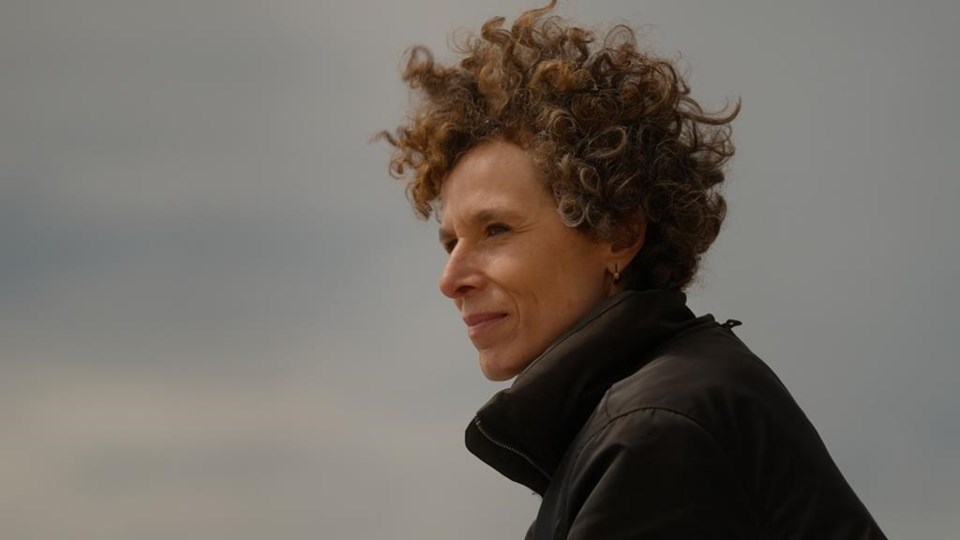TORONTO — Though it may be called "The Case Against Cosby," a new documentary soon to premiere on CBC TV focuses more on some of the women who came forward with allegations against the comedian — and what it takes for them to heal from lasting trauma.
The film, which debuts on Sunday, focuses on the story of Andrea Constand, bringing her together for the first time in person with four other women who have come forward with sexual assault allegations against Cosby, who has consistently maintained his innocence.
They gathered at a retreat led by the Hungarian-Canadian physician Gabor Mate, with shots of the meeting interwoven throughout the film. There, they discussed their specific allegations against Cosby and the broader effects trauma has on a person.
"I think one of the most important things for healing trauma is recognizing that you're not alone," said Toronto-based director Karen Wookey. "In community, the opportunity to heal is so much greater because it's a safe container."
In sharing Constand's story, Wookey said she sought to send that message to other survivors.
The documentary retreads ground covered in Constand's 2021 memoir "The Moment," from childhood to her burgeoning basketball career and ultimately her relationship with Cosby, who she said befriended her when she was a sports administrator at Temple University.
She details the night in January 2004 when she said Cosby drugged and sexually assaulted her in his Philadelphia home.
"I came to Temple University, I came to meet Cosby with a voice. But after that, I was never myself again because I was silenced," Constand, who lives outside of Toronto, says in the film.
The documentary goes on to trace her legal battles against Cosby, starting with her 2005 civil suit and the 2017 criminal case that ended with a hung jury.
The 2018 retrial that saw Cosby sent to prison for nearly three years is also detailed in the film, along with the appeal that would overturn that conviction.
Cosby's lawyer, Jennifer Bonjean, declined to comment on the documentary but in an email said "it seems to start with a false premise, namely that Mr. Cosby was convicted."
"Mr. Cosby does not stand convicted of any crime against any accuser, including Ms. Constand," she wrote.
One of the things that set the 2018 proceedings apart from those a year earlier, the film posits, is that in the latter trial, multiple women testified against Cosby about their allegations of assault.
Be it in the courtroom or a therapeutic setting, survivors coming together is a very powerful thing, Constand said in an interview.
"Knowing that we weren't alone, that we were all there to support one another, that was the magic that happened in the retreat," she said. "We were all women who went through something very similar, although our stories are different in some ways. But that was our trauma bond."
Though the meeting was set up for the documentary, Constand said real healing happened that weekend.
"We were really there to do the work," she said. "It really wasn't about playing to the cameras in any way."
The women discussed their interactions with Cosby, and how his alleged assault affected them.
"When you're wounded, you go into survival mode, and everything becomes about surviving at that point," one of the women, Renita Chaney Hill, says in the film.
Chaney Hill was a cast member on "Picture Pages," an educational TV show Cosby hosted in the 1970s and '80s, and alleged the comedian drugged and sexually assaulted her over the course of several years.
"I have been afraid of counselling since I can remember," she said in the film. "And this weekend was transformational for me. It gave me permission to forgive myself."
Constand said she wants other survivors of sexual violence to have the same experience.
"If there's anything I learned from this process, it's just a message of solidarity, and how powerful community is in healing," Constand said.
"The Case Against Cosby" premieres at 8 p.m. on Sunday, Jan. 8 on CBC TV, when it will also be available to stream on CBC Gem.
This report by The Canadian Press was first published Jan. 5, 2023.
Nicole Thompson, The Canadian Press



